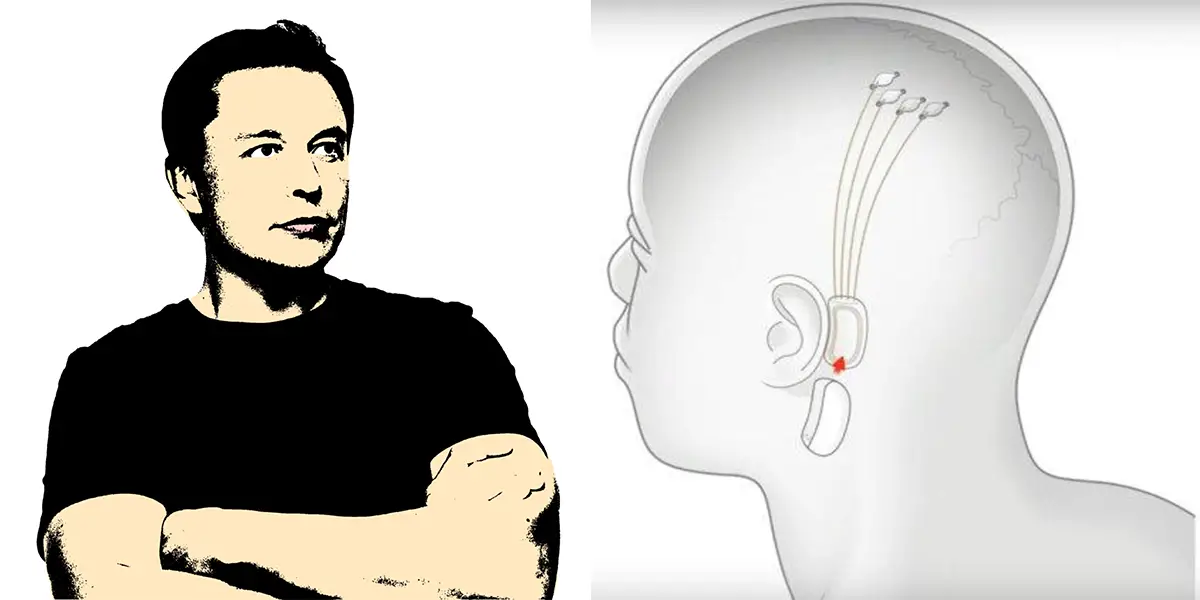Neuralink Will Be Able To Stream Music Right Into Your Brain Elon Musk Claims
Tags: opinion

It wasn’t that long ago that earphones and headphones went wireless, but now according to Elon Musk, Neuralink will allow users to listen to audio, without any kind of device at all.
Musk is most widely known for the Tesla brand, but also has his fingers in several other technology pies including Neuralink.
Neuralink are developing a microcomputer, a one-inch implant which will surgically be implanted into peoples’ brains.
In May, Musk said on Joe Rogan’s podcast that the first version of the proposed brain implant will be ready within the next 12 months.
The South African-born entrepreneur has also stated that the brain-implanted computer will be able to help in the fight against diseases such as addiction or depression.
For sure. This is both great & terrifying. Everything we’ve ever sensed or thought has been electrical signals. The early universe was just a soup of quarks & leptons. How did a very small piece of the Universe start to think of itself as sentient?
— Elon Musk (@elonmusk) July 10, 2020
As scary as the concept may be to many of us, it does seem, theoretically at least, that a brain implanted computer could have many positive uses. As well as practical every day functions, such as negating the need to wear earphones or even ear buds.
Hey, are you on Instagram? Check out the official Truth Theory Instagram page HERE, we upload new content every day.
“If we implement neuralink – can we listen to music directly from our chips?” a computer scientist, Austin Howard, asked Musk on Twitter.
If we implement neuralink – can we listen to music directly from our chips? Great feature. https://t.co/RwVLnS5JbL
— Austin Howard (@a_howard8) July 19, 2020
Musk replied with a simple ‘yes’.
According to Neuralink, the chip which they plan to insert into peoples’ brains is called the N1 and it will be implanted by a robot via a two inch incision. Very thin (4 to 6 μm in width) threads will be inserted into the brain,The process is supposed to take less than an hour.
It has already been tested out on rats and human testing is supposed to start in 2020.
Read more: New Study Supports Past Predictions That The Arctic Could Lose All Sea Ice By 2035
IMAGE FEATURED: Neuralink, Brot Mandel
Leave Comment: